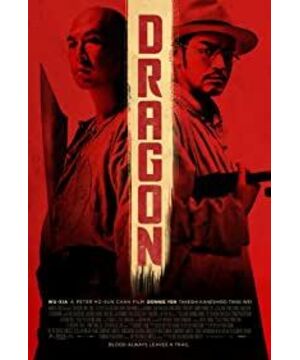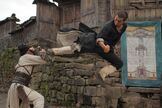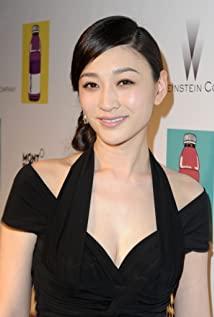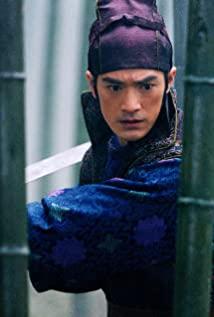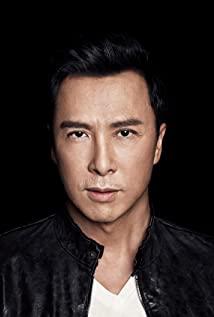My last impression of Chen Kexin's film is "Certificate of Honor", I don't know if there are any works after him. "October Siege" didn't watch because I didn't like some of the actors. "Famous Name" is first of all a remake story, with Zhang Che's "Thorn Horse" as the blueprint, and secondly it is Chen Kexin's first involvement in ancient costume martial arts, and he has to control a larger war scene than previous works. I feel that Chen Kexin's "Certificate of Voting" is generally satisfactory, but there are not too many surprises.
When it came to "Wu Xia", I was somewhat surprised.
Before seeing the trailer, I always thought that "Wu Xia" would be a traditional costume action movie, or a work developed on the basis of Tsui Hark's new martial arts. When I saw the trailer, I found out that the movie is not a new martial arts in the traditional sense, but has an obvious Western martial arts style.
At the beginning of the movie, the introduction part is the daily life of Liu Jinxi's family, and the plot is flat and soothing. There's no ritualized opening and closing that is common in traditional martial arts, and it's not even a typical hot opening.
Then, in the fighting plot between the two robbers and Liu Jinxi, the action design of the fight is also different from the usual agile and elegant. Liu Jinxi completed the fight with a clumsy and tenacious state of action, interspersed with several acrobatic comics. bridge section. It should be noted that, in this part, the director made a conversion of internal and external viewpoints, from the viewpoint of a third party to the viewpoint of the protagonist. This is also not common in traditional martial arts works.
Then, with the appearance of Xu Baijiu. The suspenseful style of the first half of the film began to gradually build up. Xu Baijiu used a modern detective-like detection method to explore the mysterious life experience of Liu Jinxi. Especially in the scene investigation part, the director used an imagery lens to show Xu Baijiu's thinking space, which is quite innovative in martial arts films.
And when Xu Baijiu became more and more suspicious of Liu Jinxi's identity, and then interrogated Liu Jinxi and pushed him down the mountain stream, Liu Jinxi said the most important sentence of the film. That is to say, everything has no self-nature, and you and I are both accomplices. I saw Borges' name almost out of my mind.
Who is Borges? One of the three representatives of postmodernism, his masterpiece "The Garden with Forking Paths". That is the meaning of the title of my comment. A problem that is repeatedly discussed in the novel is that everyone is an accomplice. Just now I learned from other reviews that the movie used "The Conspirator" as the name. The postmodern character of the film itself is about to emerge.
Judging from the many differences in the film from traditional martial arts, Chen Kexin made "Martial Arts", but wanted to kill the martial arts. What Chen Kexin brings to you is a truly postmodern martial arts. The cultural theme of "Wu Xia" is also the most classic theme of postmodernism: killing the father. The images of fathers in the film are killed and destroyed one by one, which represents the dissolution of postmodernism from premodernism. Xu Baijiu killed his father-in-law, Liu Jinxi's stepson's father disappeared, and Tang Long killed his own father. At the end of the movie, the only one with a father is Liu Jinxi's son. But in the previous movie plot, Liu Jinxi once cut off his arm, which is also self-dissolving in the image.
It is precisely because of the prominent post-modern style of the film that "Martial Arts" is obviously different from traditional martial arts films in general, and even makes people feel abrupt and unacceptable. There is no stylization of the previous martial arts, there is no pattern of happiness and enmity, there is no smart martial arts, and there is no traditional theme of patriarchy. What Chen Kexin brings to us is a thoroughly post-modern martial arts.
The only thing that puzzles me is that the first half of the movie has a strong suspenseful style, while the second half is a series of fighting action scenes, and the style before and after is not unified. I don't know why it is handled like this.
As for the terrifying plot of the leader being struck to death by lightning at the end, the audience burst into laughter. In fact, ending the absurd with the absurd is a common postmodern tactic.
View more about Dragon reviews


